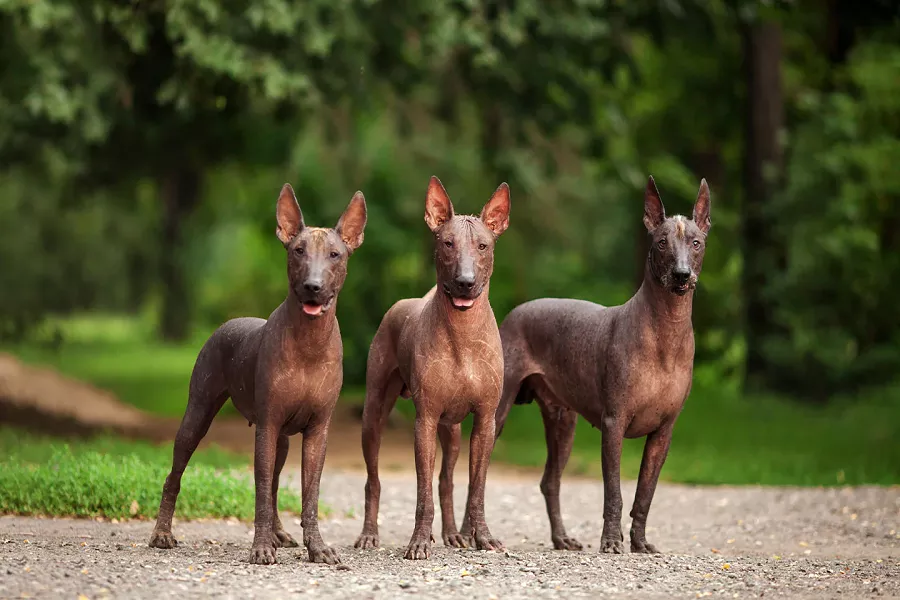Bearded dragons are a popular choice among reptile enthusiasts due to their docile temperament and fascinating behaviors. One of the most common questions about keeping bearded dragons as pets is whether they have to be fed live food or if they can survive solely on a diet of fruits and vegetables. In this article, we will explore the benefits of feeding bearded dragons live food and the potential risks of not doing so.
The Importance of a Varied Diet
Bearded dragons require a varied diet to maintain optimal health. In the wild, bearded dragons consume a wide range of prey items, including insects such as crickets, roaches, grasshoppers, and mealworms, as well as small vertebrates like lizards and rodents. A varied diet provides the necessary nutrients, vitamins, and minerals that they need to thrive.
While it is possible to provide bearded dragons with a balanced diet of fruits and vegetables alone, it can be challenging to ensure that they are receiving all the necessary nutrients in the right amounts. Live food offers a convenient and readily available source of nutrition that is easy to digest.
The Benefits of Feeding Live Food
Feeding live food to bearded dragons has numerous benefits. First and foremost, it provides them with a natural source of nutrition that replicates their diet in the wild. This can help to reduce stress and promote healthy eating habits. Live food also contains a high percentage of moisture, which helps to keep bearded dragons hydrated and prevents constipation.
In addition, live food provides mental and physical stimulation. Catching and hunting prey is a natural behavior for bearded dragons, and providing live food allows them to exercise these instincts. This can lead to healthier and happier bearded dragons overall.
Potential Risks of Not Feeding Live Food
While it is possible to feed bearded dragons a diet consisting solely of fruits and vegetables, there are potential risks associated with not providing live food. One of the main concerns is that they may not be receiving all the necessary nutrients and vitamins, which can lead to deficiencies and health problems.
Another risk is that a diet lacking in live food can lead to obesity. Fruits and vegetables are high in carbohydrates, which can cause weight gain if fed in excess. Live food, on the other hand, is low in calories and high in protein, making it an ideal addition to a balanced diet.
Finally, a lack of live food can lead to boredom and stress. Without mental and physical stimulation, bearded dragons can become lethargic and less active, which can contribute to health problems such as metabolic bone disease (MBD).
Feeding Live Food Safely
When feeding bearded dragons live food, it is essential to ensure that the prey items are safe and healthy. Insects should be gut-loaded before feeding them to your pet, meaning that they are fed a nutritious diet for at least 24 hours before being used as food. This ensures that the insects are as nutrient-rich as possible and will provide maximum nutritional value to your bearded dragon.
It is also important to dust live food with calcium and vitamin D3 supplements to prevent deficiencies and promote healthy bone growth. These supplements can be purchased at pet stores or online and should be used according to the manufacturer’s instructions.
While it is possible to feed bearded dragons a diet consisting solely of fruits and vegetables, it is highly recommended to include live food as a part of their diet. Live food provides numerous benefits, including proper nutrition, hydration, and mental and physical stimulation. Not providing live food can lead to health problems and boredom. With proper care and attention, feeding your bearded dragon live food can be a fun and rewarding experience for both you and your pet.
Recommended reading:


























